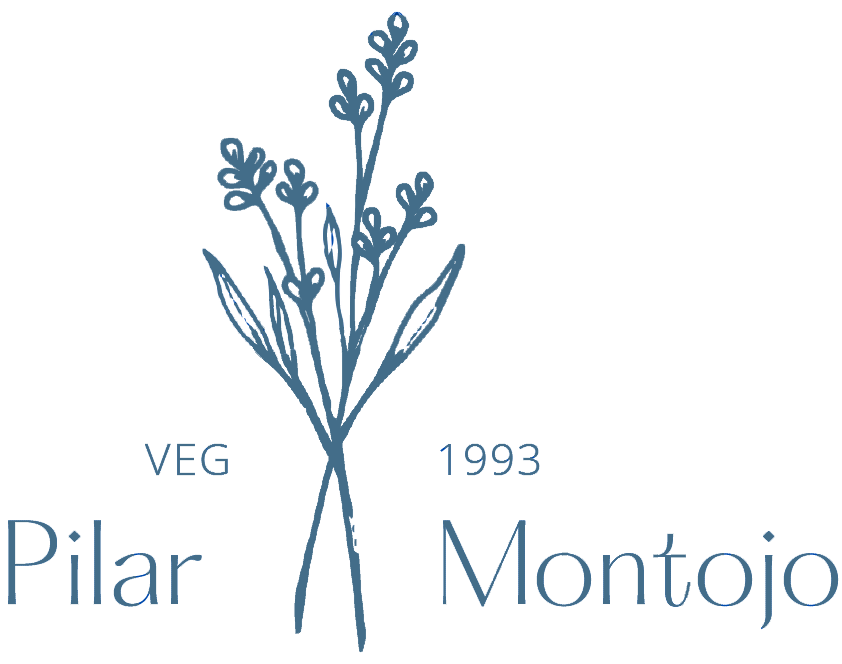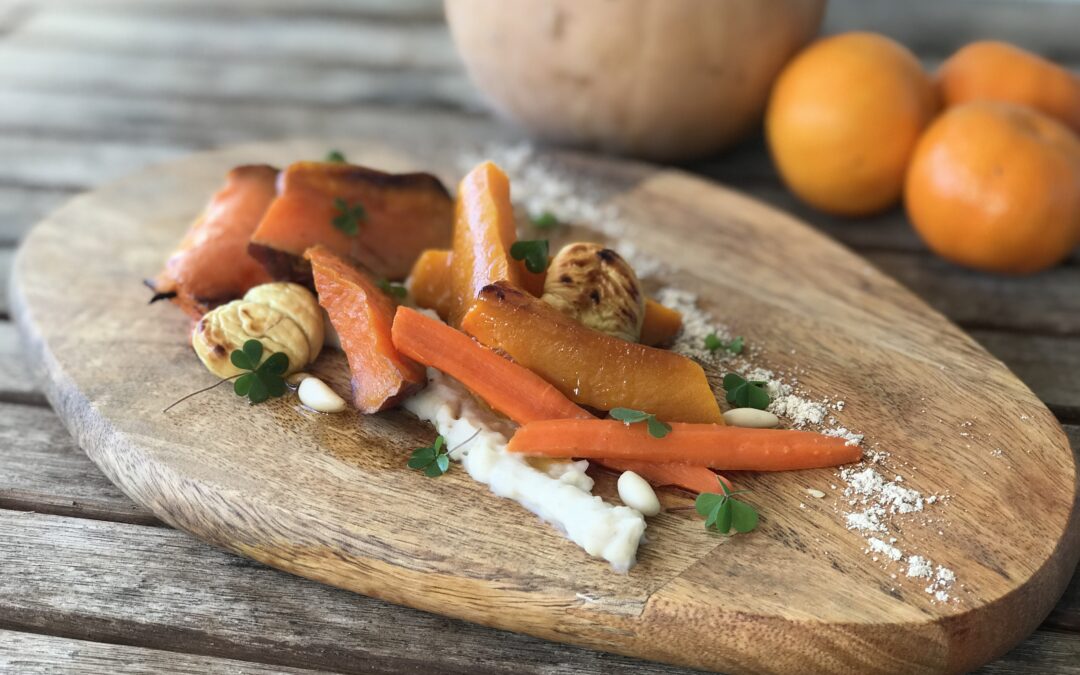In recent years the concept of an anti-inflammatory diet has filled many articles, but what exactly is an inflammatory diet and what is it for?
Inflammation is a natural process that helps the body fight against some diseases and is part of our own body’s self-healing of any harmful element. But many times, the immune system does not respond correctly and chronic low-grade inflammation results. This inflammation can be constant throughout life and damage our cells and can do so to different degrees with diseases such as: psoriasis, asthma, rheumatoid arthritis, Crohn’s disease, lupus, irritable bowel syndrome or even cancer. The symptoms we have to know if we are inflamed may be the following: joint pain, sudden mood changes, tiredness or exhaustion, problems regulating appetite or when you have difficulty concentrating.
Once we know what inflammation is, we are going to see what elements we should basically avoid in our daily lives: consuming processed foods, red meat, processed sugars, refined flours, hydrogenated fats, additives, alcohol, tobacco and any toxic substance in form of cosmetics. The clothes we wear or pollution can trigger or worsen inflammation. Others, such as stress, life anxiety, a sedentary lifestyle or poor sleep, are silent but can be a trigger.
Some general guidelines to adopt a more natural lifestyle can help reduce inflammation: reduce sources of stress and know how to generate calm, have a sleeping routine, exercise regularly, consume an anti-inflammatory diet and even use more natural cosmetics.
To reduce inflammation, diet is essential to create new daily habits. In general, it has to be a diet rich in fiber to create a good microbiota and foods rich in omega 3 and 6 because they are anti-inflammatory. You also have to manage glucose and insulin with simple actions such as: avoiding overeating, avoiding snacking, spacing meals 3-4 hours apart.
An anti-inflammatory diet is based on a wide variety of foods that are rich in nutrients and contain a wide variety of antioxidants (vitamins and minerals): whole grains, healthy fats, fruits (especially berries) and vegetables, especially green ones which are rich in iron (mainly kale, spinach and broccoli), carbohydrates from tubers, legumes that contain quality fats that help the absorption of fat-soluble vitamins, seeds, sprouts, foods with fats with a high content of alpha linoleic acid (omega -3) (salmon and tuna, seeds, nuts), lean proteins, anti-inflammatory herbs and spices, EVOO and fiber. Probiotics and fiber have also been added as essential foods. Always use natural and fresh ingredients with small amounts of protein. The Mediterranean diet is a clear example of an anti-inflammatory diet.
Fresh products contain the vitamins and minerals necessary to fight inflammation, unlike processed products that have lost them due to excessive heat treatments, low product quality or long-lasting packaging.
The anti-inflammatory diet is based above all on the consumption of fruits and vegetables, since these contain the antioxidants necessary to fight free radicals. Antioxidants are molecules that destroy free radicals that are generated in food, such as repeatedly eating fried foods with used oil, smoking or having stress. Naturally, our body generates some antioxidants, but diet can contribute to their improvement.
Some foods contain a higher amount of antioxidants that we should add to our diet daily. These fresh foods allow us to fight inflammation, so having some simple recipes to use them in our kitchens helps a lot to introduce them into the diet. Here is the list of foods and some recipes to know how to prepare them:
blueberries: blueberry tartlet
gerds
dark chocolate
artichokes
pecans
strawberries
red cabbage
dried beans
Red grape
spinach
beet: beet carpaccio
cabbages, kale
orange vegetables (sweet potatoes, pumpkin, carrot): autumn
curcuma: curcumin
ginger
sage, thyme, oregano,
clove and cinnamonThe conclusion drawn by the scientific document is that numerous studies on vegetarianism and inflammation show low concentrations of inflammatory biomarkers among vegetarians compared to omnivores. The vegetarian diet contains all those foods necessary to avoid inflammation because they are consumers of fruits, vegetables, legumes, nuts, legumes, whole grains and vegetable fats. But the Mediterranean and DASH diets (for hypertensives) are also good diets.
Summing up, in general what you should consume:
raw salad type vegetables, carpaccio,…
fresh fruit: 2-3 servings/day
vegetables not overcooked
fresh seasonal foods (contain more vitamins)
whole grains
very varied diet
eat light and early
hydration 2 liters of water 6-8 glasses (infusions)
Herbs such as anise, mint, milk thistle, fennel, horsetail, dandelion, have purifying properties for our liver.
probiotic foods: kombucha, kefir, sauerkraut, yogurt,#anti-inflammatorydiet #mediterraneandiet #pilarmontojo #vegetarianfood

